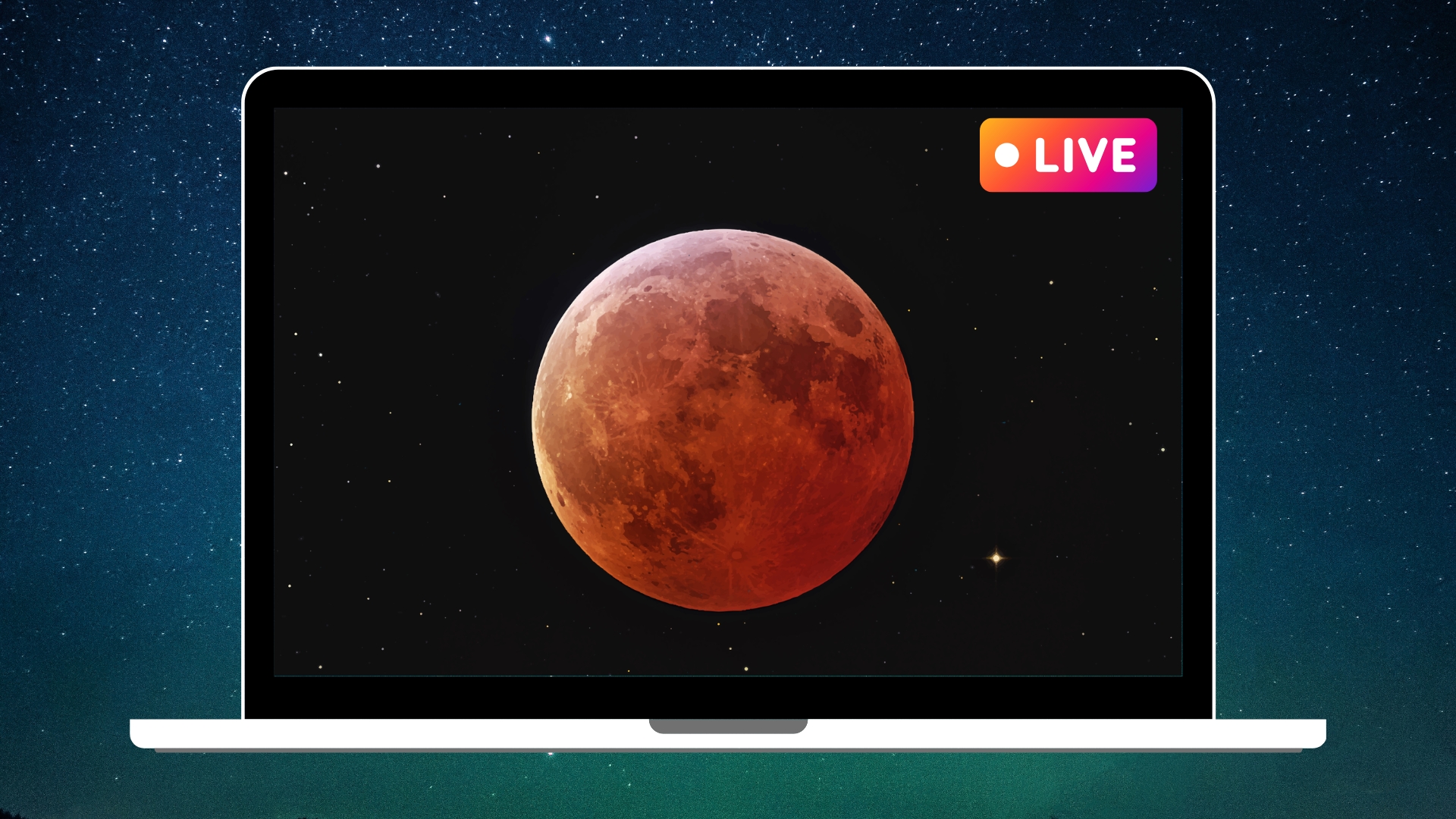Space Tourism: An 'Adventure Sport' In the Making
Breaking space news, the latest updates on rocket launches, skywatching events and more!
You are now subscribed
Your newsletter sign-up was successful
Want to add more newsletters?
ARLINGTON, Virginia - To help advance the evolution of passenger-carrying space vehicles, the U.S. government is shaping an experimental-class permit to help designers trial-run such craft. Furthermore, policy makers are exploring ways to streamline environmental regulations that can be costly and retard the progress of fledgling public space travel operators.
That's the word from Patricia Grace Smith, Associate Administrator for Commercial Space Transportation within the Department of Transportation's Federal Aviation Administration (FAA). Smith's office is responsible for licensing, regulating and promoting the U.S. commercial space transportation industry - including the evolving public space travel sector.
"What we've come up with is a means by which space launch vehicle developers will be able to experiment and test their vehicles in much the same way that airplane developers do," Smith told an audience at the 24th International Space Development Conference. The event is being held here May 19-22, and sponsored by the National Space Society.
Proposed rulemaking
"It will be a step beneath the full fledge license and will allow the opportunity for the developers to take a level of risk," Smith told SPACE.com, noting that the proposed rulemaking will soon be available for public comment. Her office is also in discussion with the Environmental Protection Agency to reduce red tape so private rocketeers can see blue sky more rapidly by easing up on a thicket of rules.
"We're looking for ways to become more flexible in regulating the industry," Smith noted.
Repeated runs last year of SpaceShipOne have cracked the door wide open with both the public and policymakers now seeing that personal suborbital spaceflight is very real. The privately-backed SpaceShipOne was successful in snagging the Ansari X Prize purse of $10 million.
Breaking space news, the latest updates on rocket launches, skywatching events and more!
"This is the time we've all been waiting for," Smith pointed out. Future events, like the X Prize Cup to be held in New Mexico will continue to raise the level of excitement about the opportunity for public space travel, she said.
Unique possibilities
Public space travel has reached a "real turning point," Smith said, given the emergence of commercial firms engaged in public space transportation development. "With more near term successes, we expect to see more investment in the sector," she explained.
"We must not lose this momentum," Smith added. "Our efforts must be directed at keeping the unique possibilities that space represents alive and before the American people."
This phase of public space travel, as seen by the FAA, is not unlike adventure sport, Smith said. "We don't have the robustness yet...the routine flights and schedules...but we will," she predicted.
Trend lines are looking up
Sir Richard Branson's start-up company, Virgin Galactic, has an order in with the makers of SpaceShipOne to build a fleet of five passenger-hauling suborbital vehicles. The space travel firm has more than 7,000 requests for initial reservations and about 1,500 down payments from flight-hungry patrons. Smith said the price tag per seat from Virgin Galactic is some $200,000 - a "rather daunting" figure. "But it will come down," she said.
Meanwhile, the trend lines are looking up, Smith suggested, with suborbital space tourism having the potential to handle 15,000 passengers and generate $700 million in revenues per year by 2021.
Asked about sure-to-happen crashes of public-carrying spacecraft, Smith responded to that eventuality: "How we all collectively respond...is going to be absolutely critical," she said.
Leonard David is SPACE.com's Senior Space Writer

Leonard David is an award-winning space journalist who has been reporting on space activities for more than 50 years. Currently writing as Space.com's Space Insider Columnist among his other projects, Leonard has authored numerous books on space exploration, Mars missions and more, with his latest being "Moon Rush: The New Space Race" published in 2019 by National Geographic. He also wrote "Mars: Our Future on the Red Planet" released in 2016 by National Geographic. Leonard has served as a correspondent for SpaceNews, Scientific American and Aerospace America for the AIAA. He has received many awards, including the first Ordway Award for Sustained Excellence in Spaceflight History in 2015 at the AAS Wernher von Braun Memorial Symposium. You can find out Leonard's latest project at his website and on Twitter.
